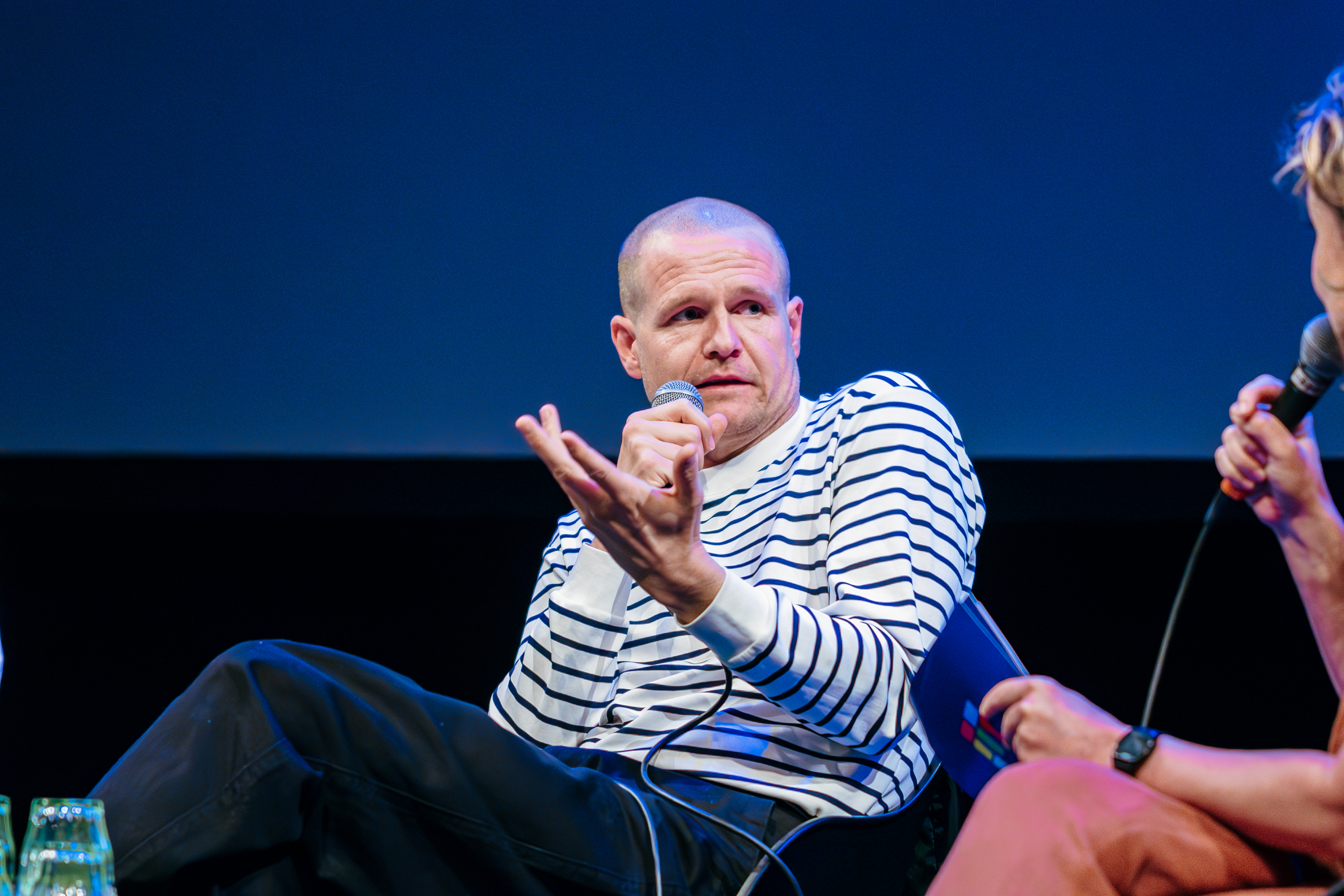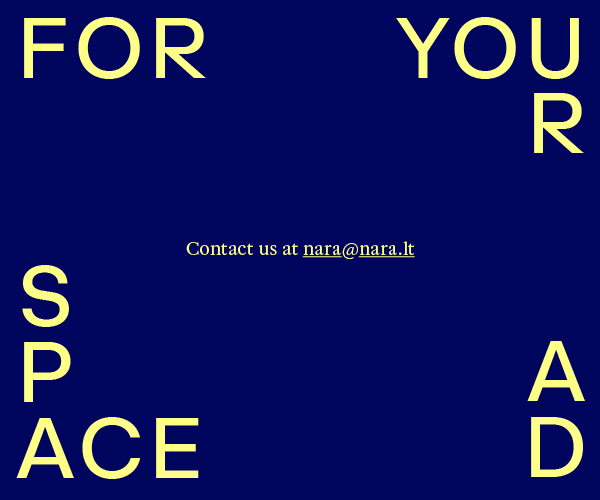Hear the interview by pressing the PLAY button on the website player or listen on the Spotify app:
During the 17th edition of the Movies that Matter human rights film festival, held this March in The Hague – also known as the city of peace and justice – I met two long-time collaborators: documentary filmmaker Tommy Gulliksen and producer and journalist Anne Marte Blindheim. They had just presented Facing War to the Dutch audience. Anne returned to Norway the next morning for the film’s national premiere, but I managed to speak with Tommy.

Facing War chronicles the period from January 2023 to November 2024, the last years of NATO Secretary General Jens Stoltenberg’s tenure, as he navigates high-stakes diplomacy and balances the demands of world leaders in an effort to end the war in Ukraine. As the Western world lacks leadership and support for Ukraine, Stoltenberg uses the power of words to keep the alliance from splintering under political pressure. The film feels more relevant now than the events it depicts. As film journalist Kees Driessen highlights: “Although it offers an instructive reflection on the present moment, it already feels like it’s coming from a distant past – a lost era.”
Gulliksen explained that gaining access to document Stoltenberg’s life was not an easy task. The production demanded extreme discipline and adaptability, often requiring him to behave more like a bodyguard than a filmmaker. “If you want a shot of Stoltenberg getting into the car, you have to be outside the car. But once he’s in, the motorcade starts rolling. So if you do that [make an exterior shot from outside the car], you will lose the motorcade. If you lose it, the best-case scenario is to reconnect several hours later. Sometimes you don’t reconnect until you’re at the hotel at night. If you’re really unlucky, you don’t catch the private plane that goes from the airport, and you’re stuck in another country.”
In the interview for NARA, Tommy also reflected on NATO’s significance today and the need for constant reflection on democratic structures. “NATO’s been a very good answer for 75 years, but it’s been a good answer for 1 billion of the world’s population. What about the other 7 billion people who do not have the world’s most powerful alliance?” Nevertheless, Tommy recognised the importance of NATO for the smaller countries, and drawing an the analogy between the alliance and the insurance.
“NATO is an insurance. For Western Europeans and North Americans, this insurance feels like a waste of money. But when your house is on fire, you’re glad you had one.”
Stoltenberg witnessed the film before its official premiere. Tommy remembers the private screening with him and Ingrid Schulerud, Stoltenberg’s wife, in their living room in Oslo: “I connected my laptop to their screen, and then we sat in the living room and watched it. It was quite intense, but she loved it and he became a lot calmer when he realized that she liked it.”
Facing War premiered on March 19 as the opening film of CPH:DOX in Copenhagen. The day after our interview, Tommy flew back to Norway to present the film to a national audience. It was also screened in Prague during the One World film festival and as part of a programme in Brussels. The film has also received the Best Documentary award at Movies that Matter, making this film eligible to compete for an Academy Award for Best Documentary. The film is expected to be screened during the upcoming NATO Summit in June, which will take place in The Hague.
Even though Facing War has gained a positive reception, the director remains humble. He explained his sense of ambivalence when the film’s celebration is taking place on the red carpet with a champagne glass in hand: “The reality is that there is nothing to celebrate – there are still people in the trenches for a whole winter in minus 20 degrees and they’re not coming home.” He asks the audience to keep the applause down and reminds to keep the focus on Ukraine.
To hear more behind-the-scenes details on the film’s production process and Tommy’s reflections on the complexity of NATO and the fragility of peace, listen to the full conversation above or find the NARA podcast on Spotify.
-
Friend €5 mo.
We will mention your name in a new episode of the NARA podcast and invite you to a closed NARA community Facebook group. We want to create a safe space for communication.
-
Penpal €10 mo.
We will send you a postcard with a photo taken by NARA photographers and a thank you note.
(+) everything listed above. -
Advisor €30 mo.
We want to meet you, in person or online, and discuss journalism or another topic that is interesting to both us and you. We are ready to listen to your advice.
(+) all of the above -
Patron €100 mo.
We will send you a large-format print of your choice from the NARA photo collection and thank you in every podcast episode. May your contribution be seen.
(+) all of the above









